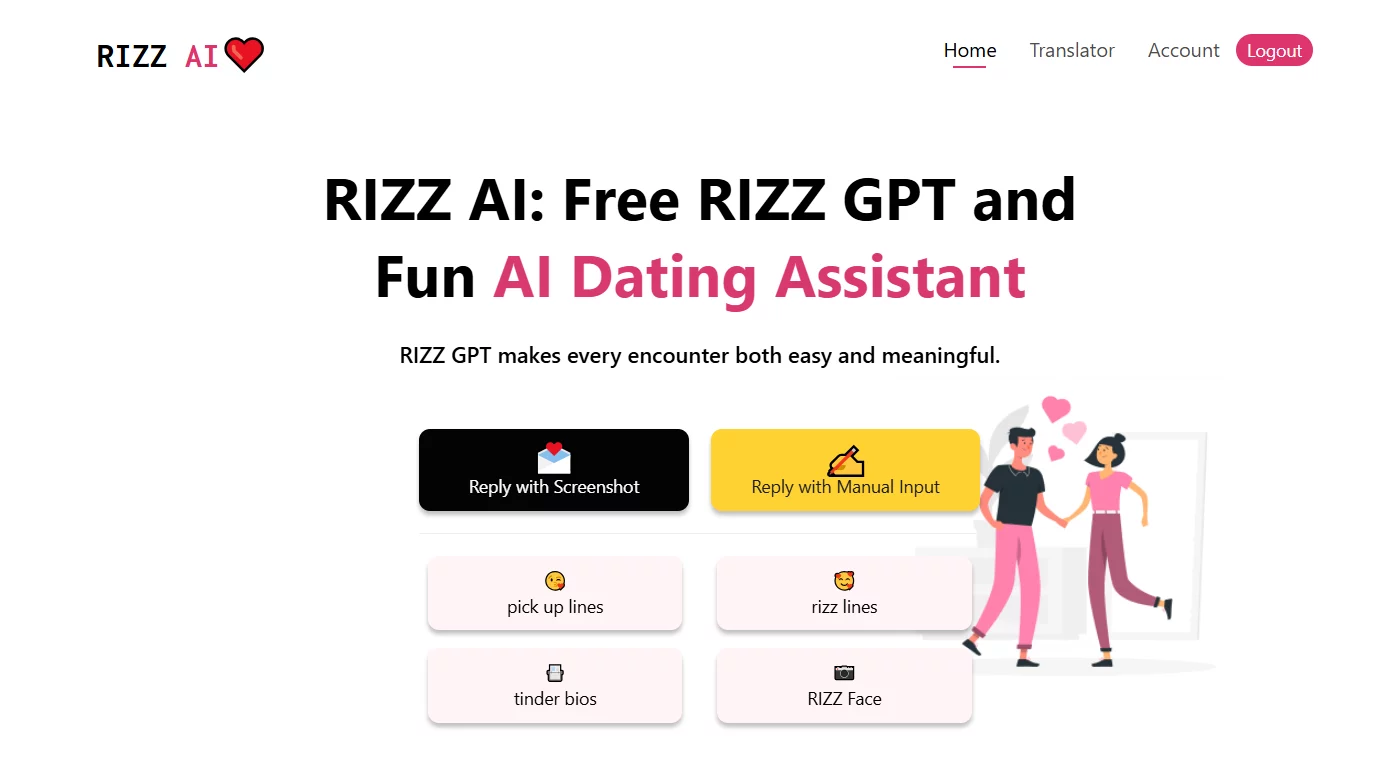Eight US News Organizations Sue OpenAI and Microsoft: Accusing Copyright Infringement
According to foreign media reports, eight well-known US news organizations have filed a copyright lawsuit against tech giants OpenAI and Microsoft in the New York Federal Court. These organizations claim that the two companies used their news articles without permission as training data for their generative artificial intelligence (AI) technology.
The eight news organizations involved in the lawsuit include the New York Daily News, the Chicago Tribune, the Orlando Sentinel, the Mercury News, the Denver Post, and the Pioneer News, all of which are owned by Alden Global Capital's hedge fund.
In the lawsuit, these news organizations detailed how Microsoft's Copilot and OpenAI's ChatGPT illegally copied millions of news articles to train their AI models. What is even more concerning is that in some cases, these AI models even copied copyrighted news works word for word or nearly word for word without providing information about the authors, titles, copyrights, or terms of use of the works. In addition, ChatGPT has been accused of "fabricating" certain articles, including a false article from the Denver Post that promotes smoking as a treatment for asthma, causing damage to the reputation of news organizations.
Faced with the accusations, these news organizations are demanding compensation for damages from OpenAI and Microsoft and an immediate cessation of further copyright infringement.
In response, OpenAI stated on Tuesday that the company highly values its collaboration with news organizations and is committed to supporting the news industry in product development and design. A spokesperson for OpenAI said, "While we were not previously aware of Alden's concerns, we are actively working to establish constructive partnerships with news organizations around the world and seeking solutions to address any potential issues."
It is worth noting that prior to this, The New York Times, as well as three other news organizations including The Intercept, Raw Story, and AlterNet, had already filed similar lawsuits against Microsoft and OpenAI. These lawsuits all point to the excessive use and improper utilization of news content by large tech companies in the development of AI technology.
Steven Lieberman, a lawyer for the news industry, stated that OpenAI's tremendous success is largely due to the exploitation of other people's work without permission or payment of appropriate fees. He pointed out that this behavior seriously infringes upon the rights of news organizations and may have long-term implications for the entire news industry.
Earlier this month, The New York Times revealed that tech giants such as OpenAI, Google, and Meta have modified their policies and disregarded the rules for the use of internet information in order to obtain the language data necessary for training AI models. This behavior has sparked widespread attention and controversy because training large language models typically requires massive amounts of data, and now tech companies are using data at a faster rate than it is being produced.
Nevertheless, some tech companies are actively seeking collaboration with news organizations. This week, the Financial Times announced an agreement with OpenAI to authorize the use of its database for training AI models. In addition, OpenAI has reached similar partnership agreements with media companies such as the Associated Press in the United States, Springer in Germany, Le Monde in France, and Prisa Media in Spain. According to reports, OpenAI provides these media companies with licensing fees ranging from $1 million to $5 million per year.
Meanwhile, Google is also seeking collaboration with news organizations. Just on Tuesday, Google agreed to pay News Corp, the parent company of The Wall Street Journal, $5 million to $6 million annually for the development of new AI-related content and products. This collaboration is seen as one of Google's important initiatives to strengthen its content creation and distribution capabilities in the field of AI.
With the continuous development and application of AI technology, copyright issues have become an urgent and important topic to be addressed. For news organizations, protecting their copyrights and intellectual property is crucial, and for tech companies, respecting the intellectual property of others and seeking legal and compliant sources of data are equally important. Only under these circumstances can AI technology bring more innovation and value to the news industry.








